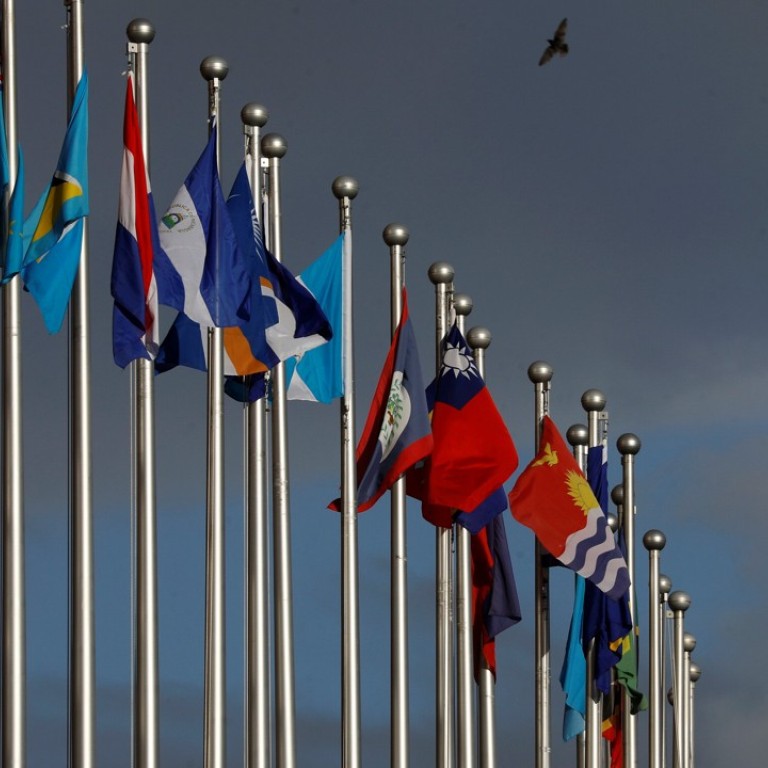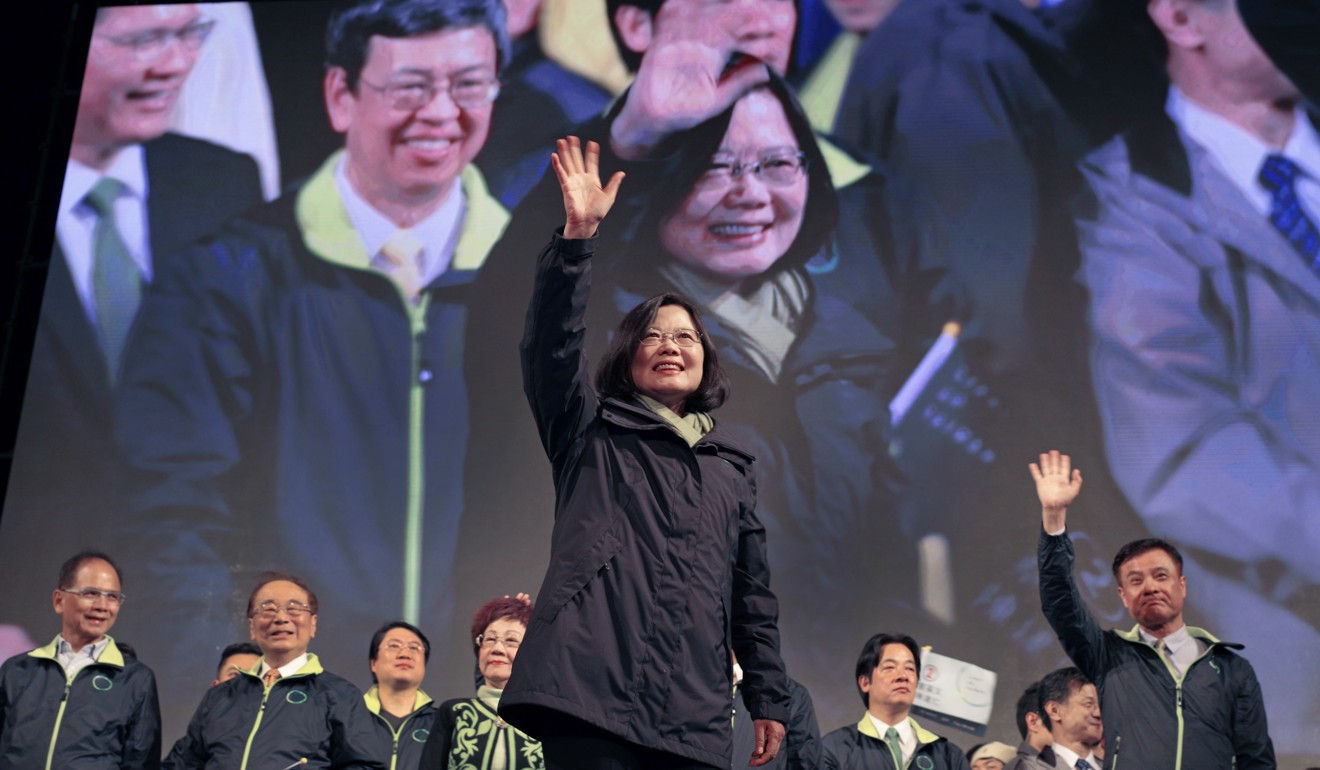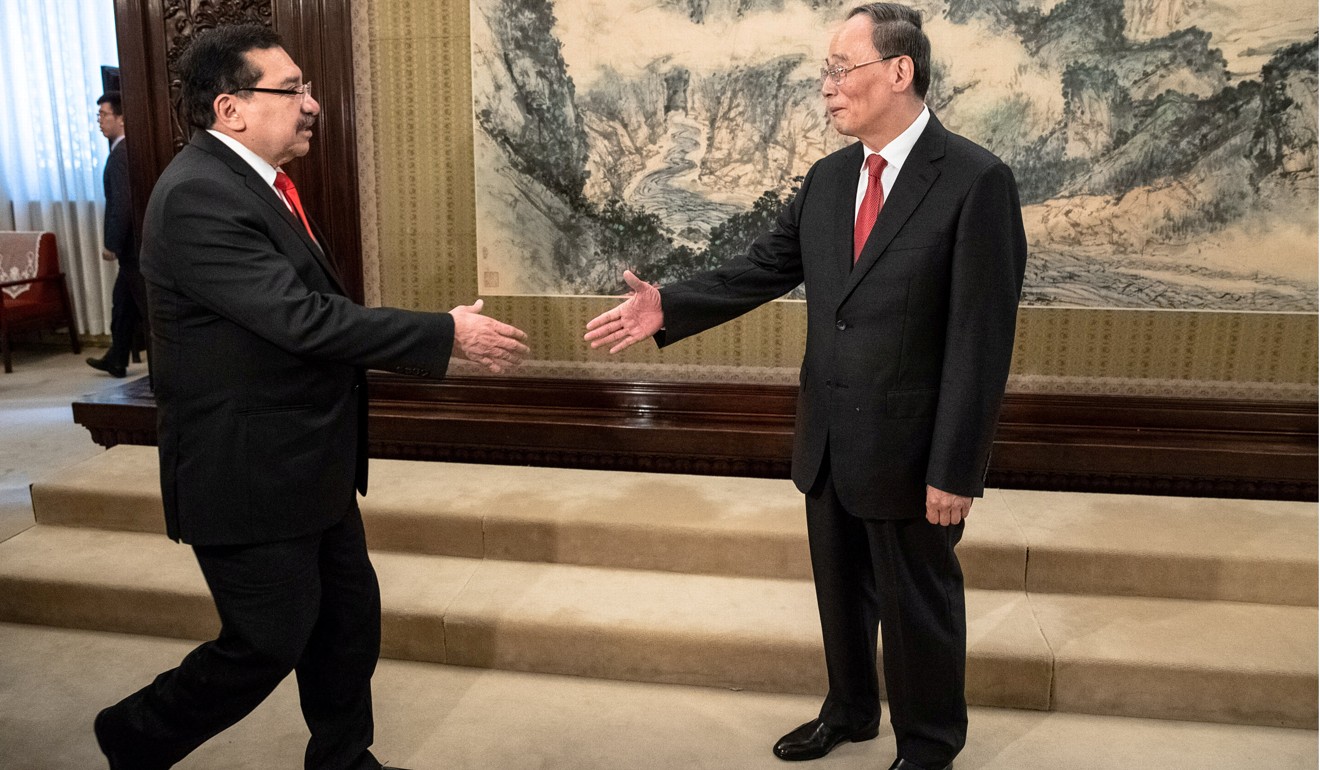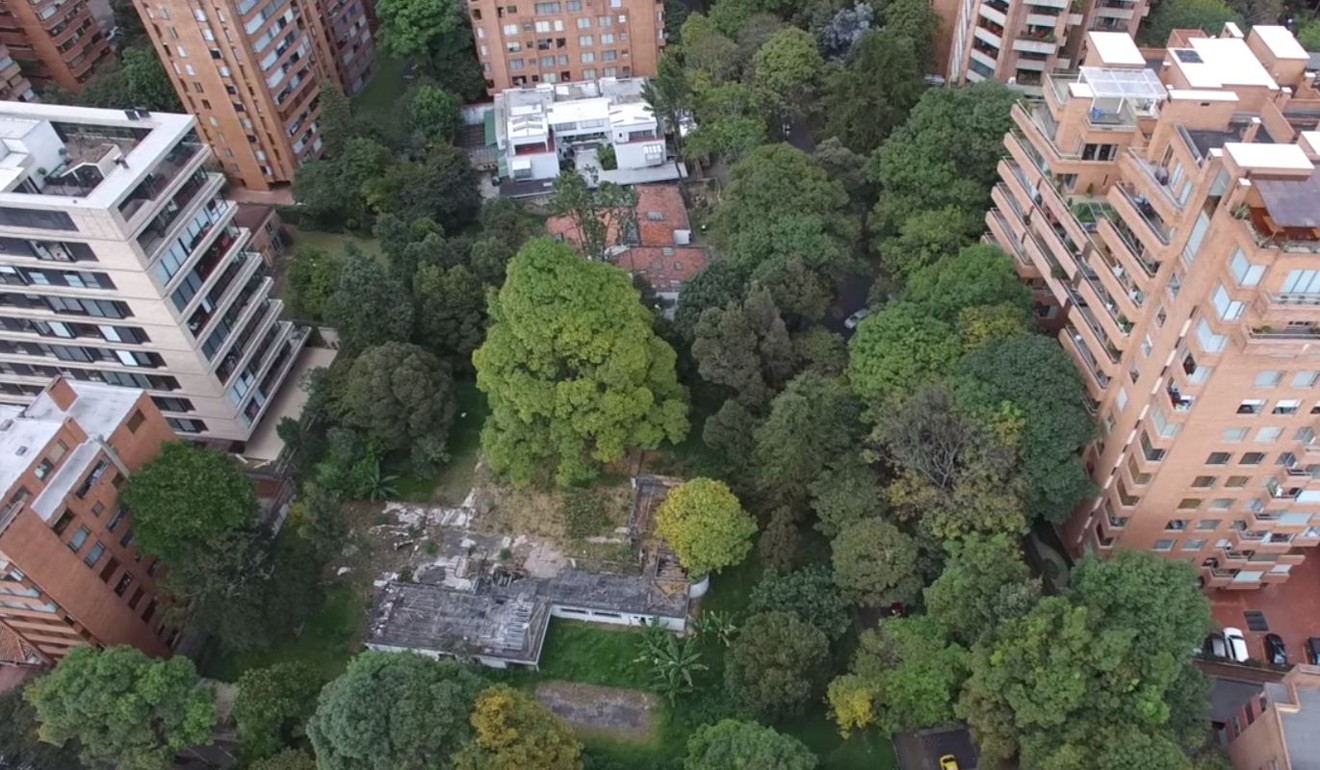
Even with US help, Taiwan is fighting a losing battle against China to keep its friends and influence
Gary Sands says Taiwan will struggle to turn the tide of allies abandoning it for China, even with backing from the US. Beijing is simply making its new friends more generous offers than Taipei and Washington can match
Watch: Why closer relations between the US and Taiwan make China uncomfortable
Since Tsai assumed office, four other allies, Burkina Faso, the Dominican Republic, Panama, and Sao Tome and Principe have aligned with China, and only 17 mostly small countries now recognise Taiwan as a sovereign nation.
While Beijing’s poaching of El Salvador may have been peaceful, it nonetheless elicited a sharp response from the White House: “The El Salvadoran government’s receptiveness to China’s apparent interference in the domestic politics of a Western Hemisphere country is of grave concern to the United States, and will result in a re-evaluation of our relationship with El Salvador,” it said in a statement.

But Lu Kang, a spokesman for China’s Ministry of Foreign Affairs, criticised the US for interfering in El Salvador’s internal affairs. “Who on earth is carrying out political interference in the region? The answer is obvious,” he said, before adding: “Our advice for the relevant people is to show respect for other countries' independent right to determine their domestic and foreign affairs and stop hegemonistic behaviours.”
Despite its denial of "political interference”, Beijing must have been in talks for some time with the government of El Salvador, led by President Salvador Sánchez Cerén and his Farabundo Martí National Liberation Front; Taipei said it had received intelligence since June that San Salvador was leaning towards Beijing.
San Salvador’s long-standing relations with Washington have deteriorated in recent months over the Trump administration’s harsh immigration policies, as the US is home to an estimated 2 million Salvadorean migrants.
But Rubio called into question Cerén’s and his party’s decision to favour Beijing in a tweet: “Leftist leaders of El Salvador were clearly told ahead of time that switching from Taiwan to China would have negative impact on relations with US, but they either didn’t believe it or didn’t care.”

Obviously, for San Salvador to switch allegiance from Taipei and risk losing support from Washington, there must have been some promise of greater benefits than those from the US and Taiwan, and a fair expectation that Beijing would deliver.
Some analysts speculate that these promises could involve a US$4 billion La Union port project and a US$23 billion special economic zone, for which El Salvador “repeatedly demanded large amounts of funds from Taiwan”. By Taipei’s account, the Salvadorean ruling party also “solicited Taiwan’s help in raising campaign funds” for the presidential election in February 2019, although San Salvador disputes this.
In comparison, Washington has planned a mere US$45.7 million for 2019 for El Salvador from the State Department and the US Agency for International Development, and has so far delivered US$30 million of a pledged US$277 million from its Millennium Challenge Corporation. The US Overseas Private Investment Corporation, which maintains a portfolio of US$23 billion, has on offer direct loans and guarantees of up to US$350 million for financially viable projects.

Taiwan, for example, pledged US$60 million to Belize in 2017 and contributed US$174 million to six of its allies in the Pacific from 2011-2016. Support through Taiwan’s main conduit of financial assistance, the International Cooperation and Development Fund, is limited to assets of NT$16 billion (US$519 million).
Unfortunately for Taipei, even if the Taipei Act passes, it might not be much of a deterrent. While a true friend would never demand friendship at the expense of another, some of Taipei’s allies will surely be approached by Beijing in the coming months. Many will succumb to the promise of treasures far greater than those from Washington or Taipei, whose electorates may think their money could be better spent elsewhere.
Gary Sands is a senior analyst at Wikistrat, a crowdsourced consultancy, and a director at Highway West Capital advisers. A former diplomat with the US Overseas Private Investment Corporation, he is now based in Taipei

